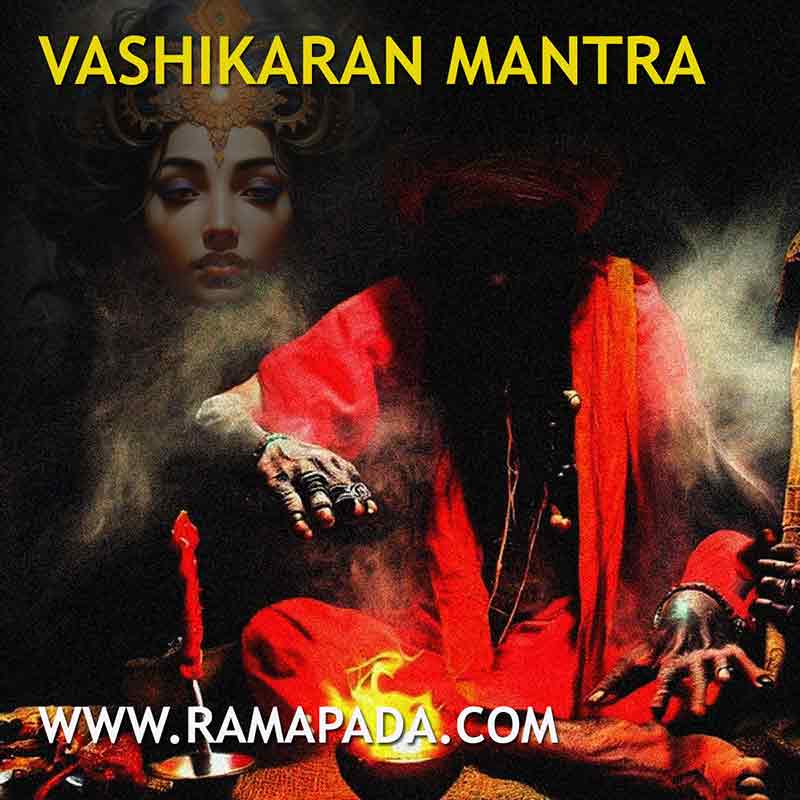Vashikaran, a Sanskrit term meaning “subjugation of the mind,” encompasses practices often involving mantras, rituals, and sometimes occult elements intended to influence or control another individual’s thoughts and actions. Rooted in ancient Indian scriptures, the modern interpretation and practice of Vashikaran Mantra have sparked considerable ethical debate.
The Concept of Vashikaran
Vashikaran aims to dominate another person’s will, exerting control over their thoughts, feelings, and actions. This influence can manifest in various desires, from romantic attraction to business advantage. Practitioners believe specific mantras, rituals, and sometimes objects can achieve this control.
Ethical Concerns and Legal Implications
The ethical and legal ramifications of Vashikaran are severe. Interfering with someone’s free will through manipulation is a grave breach of personal autonomy. Moreover, the misuse of Vashikaran can have devastating consequences, including emotional turmoil, relationship destruction, and even legal repercussions.
Many nations, India included, have enacted laws against black magic and exploitative practices. Engaging in Vashikaran can be a criminal act if it involves coercion, deception, or causing harm to another person, as per Vashikaran Specialist, Ramapada Acharjee.
The Vashikaran Process
The process of Vashikaran is complex and shrouded in secrecy. While there are numerous variations, the general steps involved are:
- Identifying the Target: The individual to be influenced is clearly identified.
- Choosing the Mantra: A specific mantra is selected based on the desired outcome. There are countless mantras for different purposes, such as attraction, love, obedience, or control.
- Preparation: This involves specific rituals, offerings, and austerities, which vary depending on the tradition and the practitioner.
- Mantra Recitation: The chosen mantra is recited with intense focus and concentration, often accompanied by visualization techniques.
- Energizing the Mantra: The mantra is believed to be energized through the practitioner’s spiritual power and the energy generated during the ritual.
- Directing the Energy: The energized mantra is then directed towards the target with the intention of influencing their mind.
The Spiritual Perspective
While often linked to darker practices, some spiritual traditions present Vashikaran in a more positive light. They see it as a path to personal growth and transformation, not domination. Nevertheless, even within this perspective, the focus remains on inner development and self-mastery rather than external control.
Conclusion
Vashikaran Mantra remains a complex and controversial practice with historical and cultural roots. However, its modern applications raise serious ethical concerns. It’s crucial to approach such practices with caution and prioritize respect for individual autonomy and consent.

